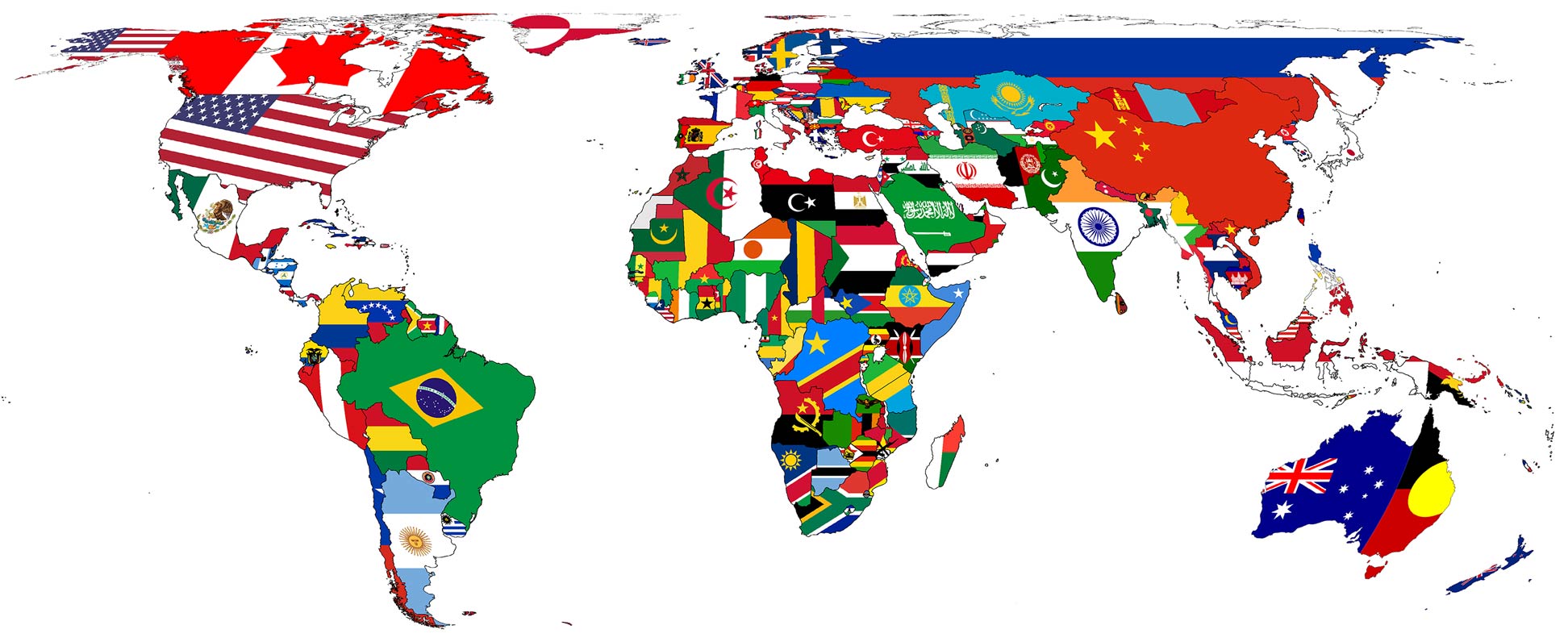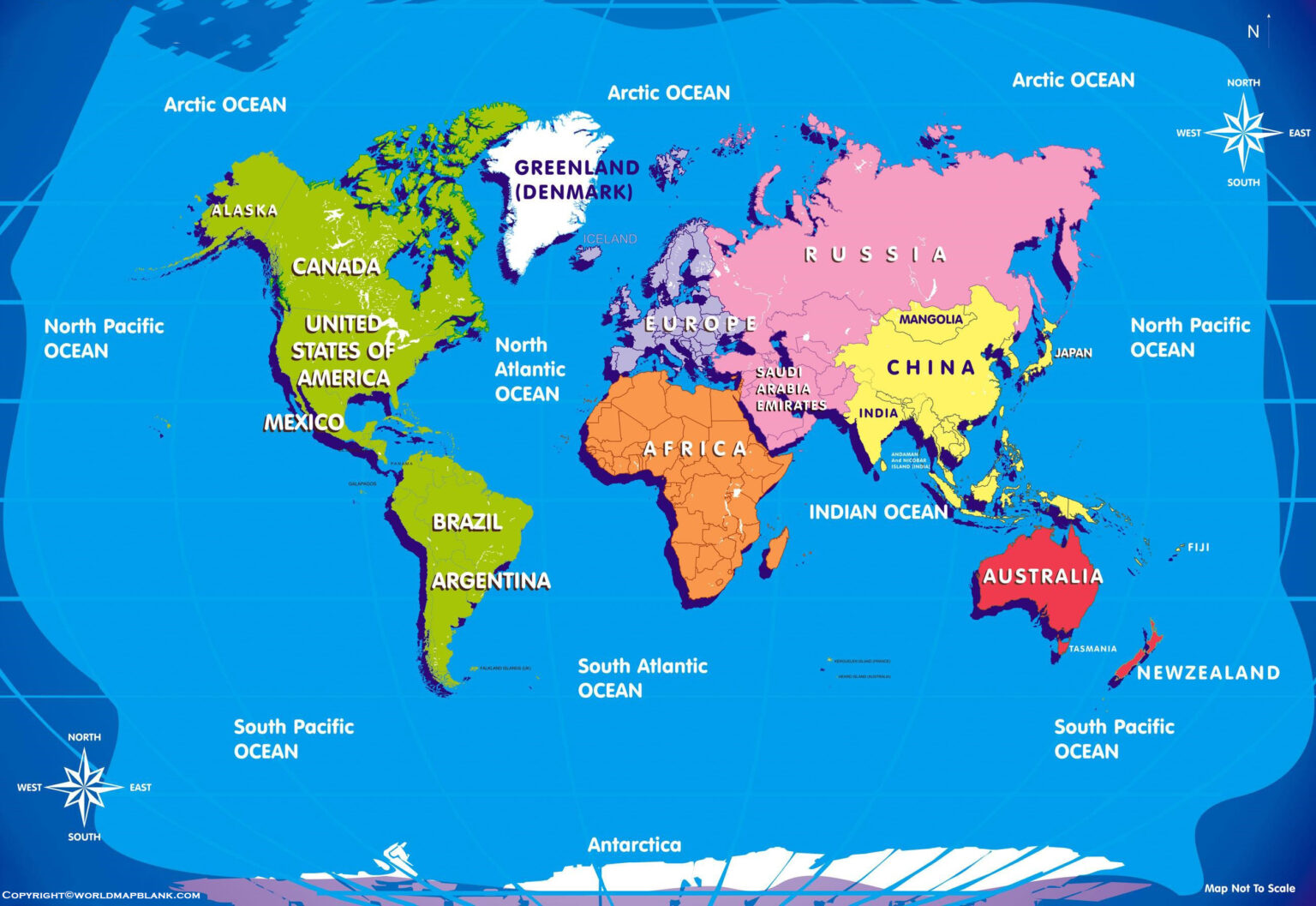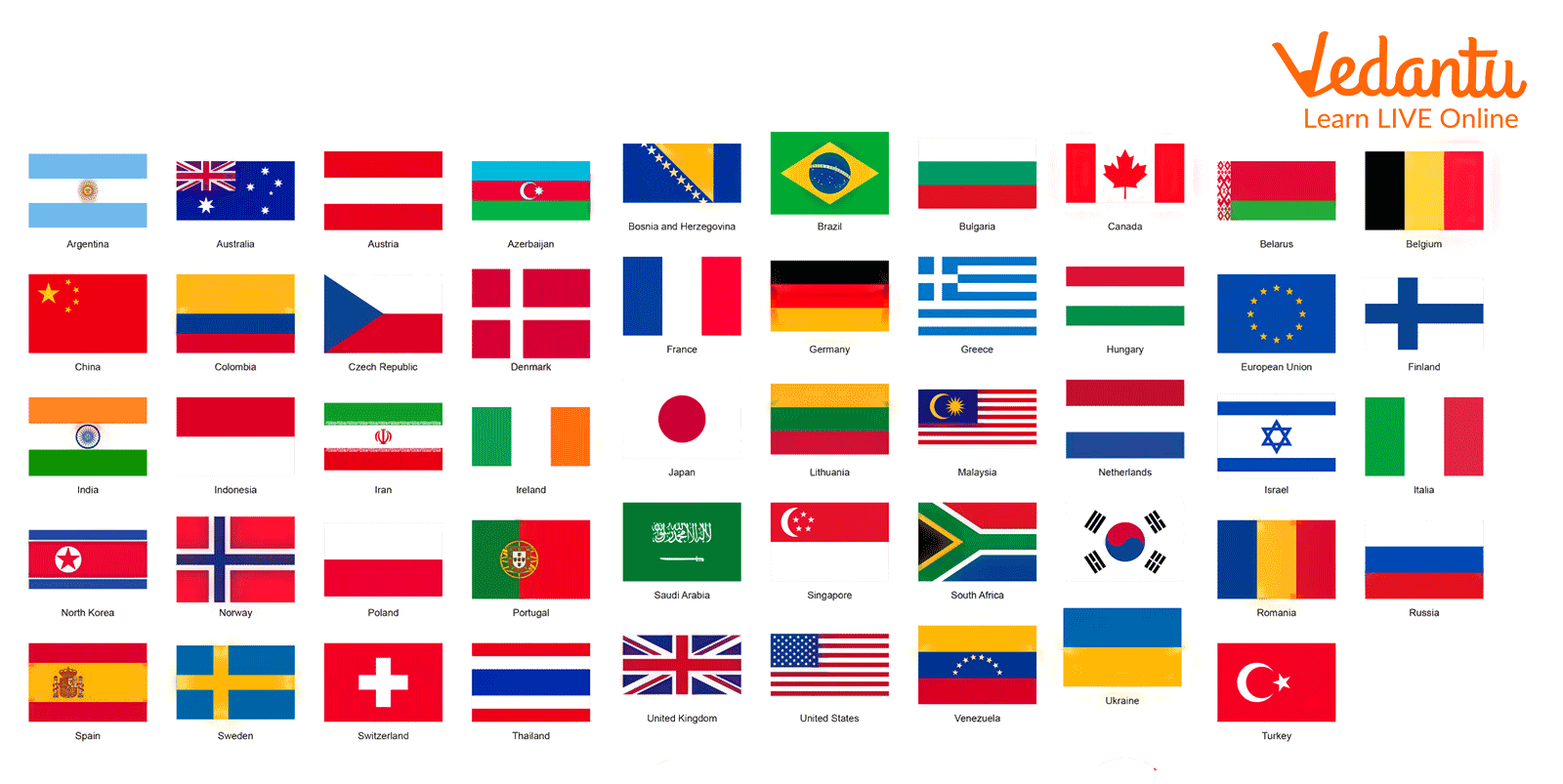Country Code 63 Scams - What You Need To Know
There's a sneaky trick going around, and it involves phone numbers that start with +63. People are getting messages, often about something like a toll bill or a package delivery, that seem to come from official groups. But, actually, these are just fakes meant to get your money or personal details. It's a serious problem, and knowing how these tricks work can really help you stay safe. You know, it's almost like a constant game of hide-and-seek with these folks, trying to get you to fall for their schemes.
These messages, which often pretend to be from places like your state's toll agency or even the mail service, are designed to look real enough to fool you. They might ask you to click on a link or call a number. The people behind these messages want you to hand over payment card details or other private information. So, it's pretty important to be careful with any unexpected message, especially if it has a phone number from a faraway place.
The advice from groups like the Better Business Bureau is pretty clear: do not click on those links. Instead, if you think a message might be real, it's better to find the official contact for that organization yourself. That way, you avoid any traps. This kind of trick, where people try to steal your identity through texts, is something officials call "smishing." It's a way, you know, to trick you into giving up things you really shouldn't.
Table of Contents
- What's the Deal with Country Code 63 Scams?
- How Do These Country Code 63 Scams Work?
- Spotting the Signs of a Country Code 63 Scam
- Why Do Scammers Use the +63 Country Code?
- Are There Different Kinds of Country Code 63 Scams?
- What to Do If You Get a Country Code 63 Scam Message?
- Protecting Yourself from Country Code 63 Scams
What's the Deal with Country Code 63 Scams?
Well, a lot of folks are getting messages on their phones that look like they're from official groups, but they're not. These messages, for example, might talk about a toll you owe or a package that needs to be delivered. The tricky part is that the phone numbers sending these messages often start with +63, which is the international calling code for the Philippines. So, it's pretty clear that these aren't coming from local services here in the United States, which use +1. That, you know, is a big giveaway right off the bat.
The whole point of these messages is to get you to react quickly without thinking. They want you to click on a link that takes you to a fake website, or maybe call a number that charges you a lot of money. Sometimes, they're just trying to get you to give away personal details like your bank card number or your home address. The people who send these messages are really good at making them seem like they're from a real place, like your local transportation department or the postal service. You know, they put a lot of effort into making them look legitimate.
This type of trickery is becoming more and more common. The Federal Trade Commission, which is a group that looks out for consumers, has even put out a warning about these kinds of messages. They're telling everyone to be extra careful. It's a rather serious situation, as these messages can pop up when you least expect them, making it easy to fall for the trap if you're not paying close attention. As a matter of fact, many people have already been caught off guard by these schemes.
How Do These Country Code 63 Scams Work?
These tricksters usually send out text messages that seem to be from a well-known organization. For instance, they might pretend to be your state's department of motor vehicles, or a company that manages toll roads, or even the United States Postal Service. The message will usually have a link that they want you to click. This link, however, doesn't go to the real website for that group. Instead, it leads to a fake site that looks just like the real one. That, you know, is where they try to get you to type in your private details.
When you get to their fake website, they'll ask you for things like your debit card information, your social security number, or other bits of private data. They might say you need to pay a small fee for a forgotten toll, or that there's a problem with a package delivery. The whole idea is to create a sense of urgency, making you feel like you need to act right away. This pressure can make it harder to think clearly and spot the warning signs. Basically, they're trying to rush you into making a bad choice.
Another way these country code 63 scams operate is by getting you to call them back. They might send a text or even make a very short call, hoping you'll see a missed call and dial the number. If you do, they might charge you very high fees for the call itself, or they'll try to get personal information from you over the phone. It's a pretty simple method, but it can be very effective because people often call back unknown numbers out of curiosity or concern. So, you know, it's a bit of a gamble if you call them back.
Spotting the Signs of a Country Code 63 Scam
One of the first things to look for is the phone number itself. If a message about a toll bill or a package comes from a number that starts with +63, that's a big clue. Remember, +63 is the country code for the Philippines. Official organizations in the United States, like your state's toll authority or the U.S. Postal Service, will use a +1 country code. So, if you see that +63, it's a very, very strong sign that something is not right. This is, you know, a pretty straightforward indicator.
Another sign is the message itself. Does it have odd spelling or grammar? Does it feel a bit pushy, asking you to do something immediately? Does it include a link that looks suspicious, perhaps with a strange website address? For example, one text pretending to be from EZDriveMA included a link, but the message came from a +63 number. Also, if the website address doesn't match the official one for the organization, like fopackage.com instead of the actual USPS site, that's a definite red flag. You should, like, really pay attention to these details.
Also, think about whether you were expecting to hear from that organization. The postal service, for instance, has said they would never contact someone about a package in the way these messages are sent. If you get an unexpected message about a payment or a delivery, especially one that asks you to click a link, it's wise to be suspicious. A message sent to a local news reporter, for example, didn't even have a phone number, which is also a bit odd. That, you know, should make you pause and think.
Why Do Scammers Use the +63 Country Code?
The +63 country code, which belongs to the Philippines, has become a place where these kinds of tricks happen quite a lot. One reason is that it can offer a bit of distance and a sense of not being easily traceable for the people running these schemes. It makes it somewhat easier for them to carry out their plans without being quickly caught. So, you know, it's a convenient location for them to operate from.
Another part of it might be the sheer volume of calls and messages they can send out. They can cast a wide net, hoping that enough people will fall for their tricks. It's like throwing a lot of fishing lines into the water, hoping to catch a few fish. The ability to send out many messages quickly and cheaply from these international numbers makes it a rather appealing option for those looking to trick people. Essentially, it allows them to reach a lot of potential victims without much trouble.
Are There Different Kinds of Country Code 63 Scams?
Yes, there are several variations of these country code 63 scams, though they all share the goal of getting your money or private information. We've talked about the fake toll bills, where they try to get you to pay for something you don't owe. These often look very convincing, sometimes even using the logos of real toll agencies. They'll send you a message saying you have an unpaid balance and need to click a link to clear it up. That, you know, is a pretty common one.
Then there are the package delivery scams. These messages claim there's a problem with a package, perhaps it's stuck or needs an extra payment to be delivered. They'll often pretend to be from a well-known postal service. The goal here is also to get you to click a link and provide payment details or other personal data. It's a pretty sneaky way to get you to worry about something you might actually be waiting for. So, it's like playing on your expectations.
Beyond these, you might also get messages that are just general phishing attempts, trying to get any kind of personal information from you. These might not even mention a specific bill or package. They just want you to click a link and enter details on a fake website. Sometimes, these tricksters also use the +63 numbers to make very short calls, hoping you'll call them back. If you do, they might try to keep you on the line to run up charges or to get you to give them private details. That, you know, is another method they use to trick people.
What to Do If You Get a Country Code 63 Scam Message?
The most important thing to remember is this: if you get a message from a +63 country code that you weren't expecting, especially if it asks you to click a link or provide personal details, do not click on anything. Just don't do it. If you're uncertain about a message and a resource provided in that message, it's better to be safe than sorry. This is, you know, the first and most important step to take.
Instead of clicking on any links in the message, if you think the message might actually be about something real, like a toll bill, go directly to the official website of that organization. Type their web address into your browser yourself, or find their official contact number and call them. For example, if it's about a toll bill, look up your state's toll agency online and contact them directly. This way, you can be sure you're dealing with the real organization and not a trickster. You know, it's like double-checking your facts.
It's also a good idea to report these scam messages. You can usually forward suspicious text messages to a special number, like 7726 (SPAM), which helps your phone carrier track these kinds of tricks. You should also report them to the Federal Trade Commission. This helps authorities understand the patterns of these scams and warn others. The Massachusetts Department of Transportation, for instance, warned drivers about these fraudulent text messages. So, reporting them really does help in the bigger picture.
Protecting Yourself from Country Code 63 Scams
Beyond not clicking links and reporting, there are other steps you can take to keep yourself safe from country code 63 scams. One simple thing is to block the numbers that send you these suspicious messages. Your phone usually has a way to do this. While they might send messages from different numbers, blocking them one by one can reduce the number of unwanted texts you get. That, you know, is a pretty easy thing to do.
Be very careful about any calls or messages from international numbers you don't recognize. If you're not expecting contact from someone in the Philippines, a call or text starting with +63 could very well be an attempt to trick you. It's often best not to answer these calls or respond to these messages at all. Just let them go to voicemail or ignore the text. You know, it's better to be cautious than to accidentally get caught up in something. Basically, if it feels off, it probably is.
Finally, stay informed about the latest scam patterns. Scammers are always changing their methods, so knowing what new tricks are out there can help you spot them. Organizations like the Better Business Bureau and government consumer protection groups often share information about current scams. Keeping yourself updated means you're less likely to be caught off guard by a new variation of the country code 63 scams. So, you know, a little bit of knowledge goes a long way in keeping your money and personal details safe.

A-Z list of Countries and Regions in the World :: Nations Online Project

Free Printable World Map with Country Name List in PDF

Countries Flags - English Reading is Fun Now!